The reason why worry kills more people than work is that more people worry than work
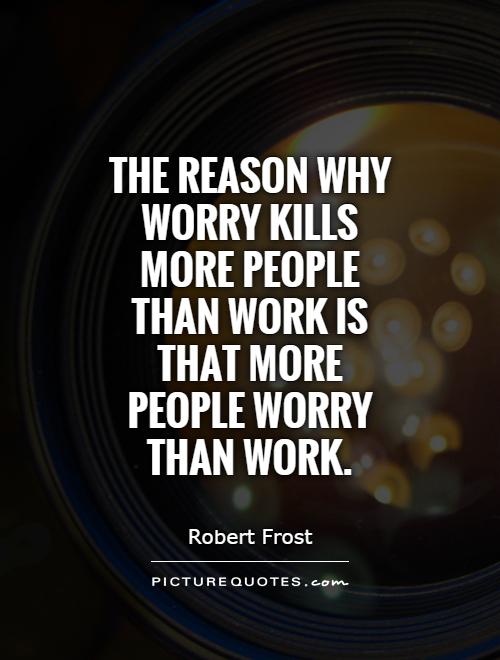
The reason why worry kills more people than work is that more people worry than work
Robert Frost, a renowned American poet, once said, “The reason why worry kills more people than work is that more people worry than work.” This statement holds a profound truth that resonates with many individuals in today’s fast-paced and stressful world. In the context of Frost’s words, it is evident that worry has the potential to consume individuals and lead to detrimental effects on their mental and physical well-being.Worry is a common human emotion that arises from fear, uncertainty, and anxiety about the future. It is a natural response to challenging situations or perceived threats, but when left unchecked, it can spiral out of control and have serious consequences. Worrying excessively can lead to chronic stress, which has been linked to a variety of health problems, including heart disease, high blood pressure, and depression. In extreme cases, constant worry can even contribute to premature death.
On the other hand, work is a productive and purposeful activity that can provide individuals with a sense of accomplishment, fulfillment, and meaning. Engaging in meaningful work can help individuals channel their energy and focus into something positive and constructive, rather than allowing worry to consume them. By immersing themselves in work, individuals can often find a sense of purpose and satisfaction that can help alleviate their worries and anxieties.
However, Frost’s words suggest that many people are more inclined to worry than to work. In today’s society, where stress and anxiety are prevalent, it is not uncommon for individuals to become overwhelmed by their worries and fears. The constant pressure to succeed, meet expectations, and juggle multiple responsibilities can leave individuals feeling stressed, anxious, and exhausted. In such a fast-paced and demanding environment, it can be challenging for individuals to find the time and energy to focus on meaningful work that can help alleviate their worries.

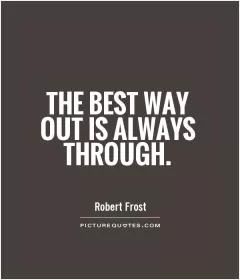
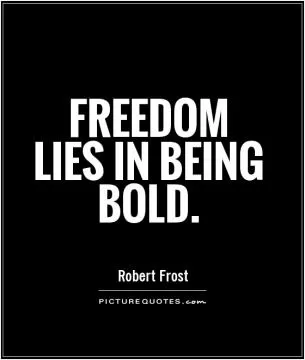
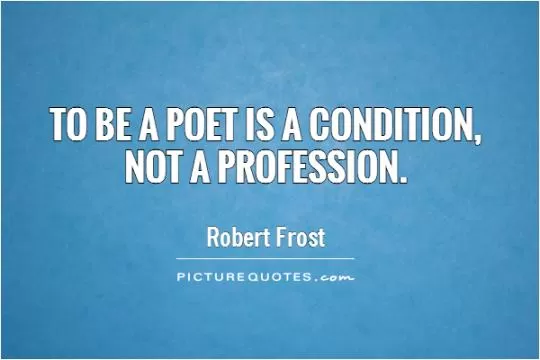
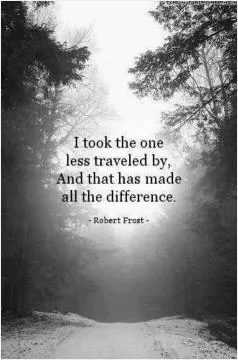


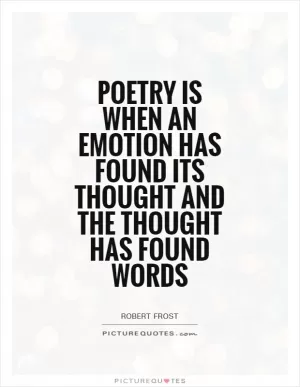
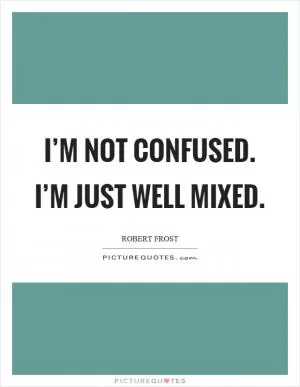

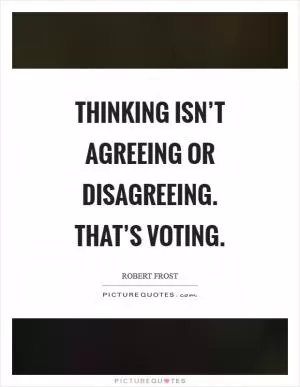

 Friendship Quotes
Friendship Quotes Love Quotes
Love Quotes Life Quotes
Life Quotes Funny Quotes
Funny Quotes Motivational Quotes
Motivational Quotes Inspirational Quotes
Inspirational Quotes